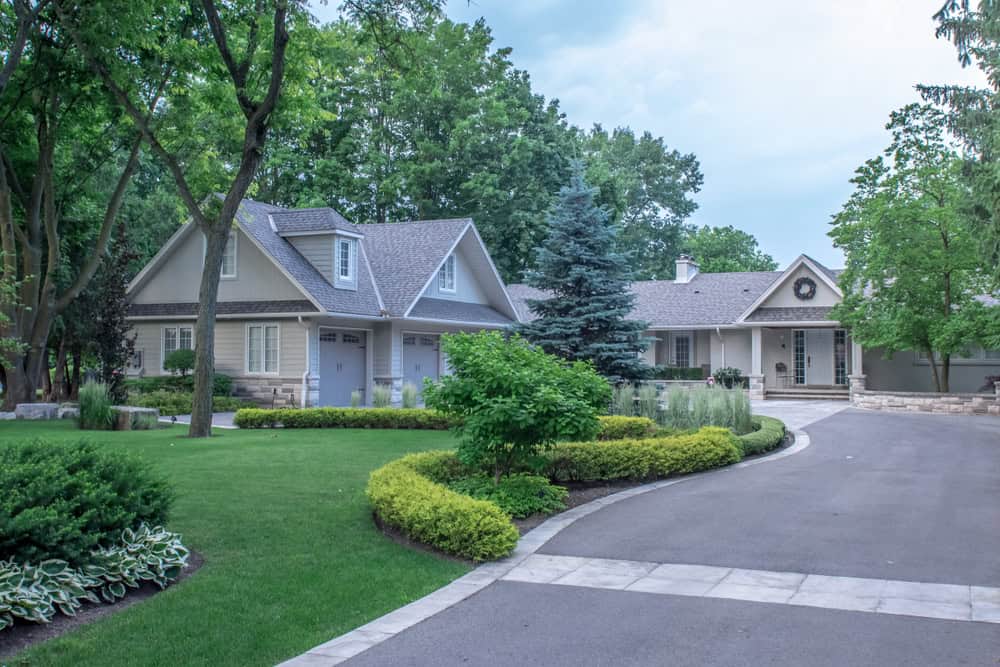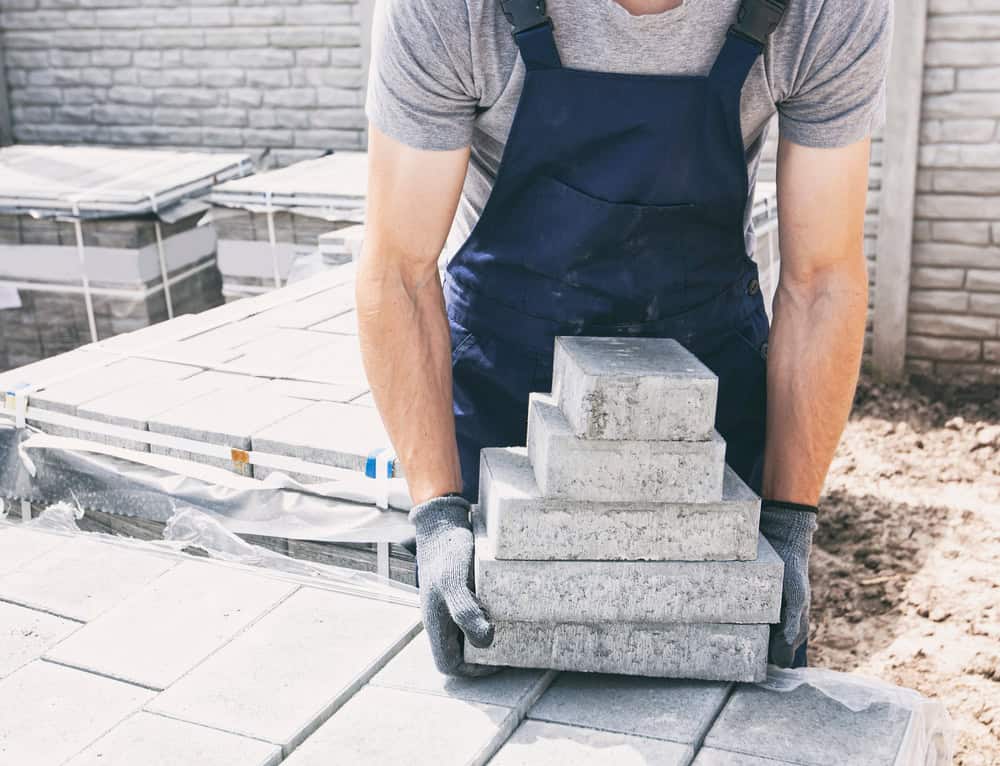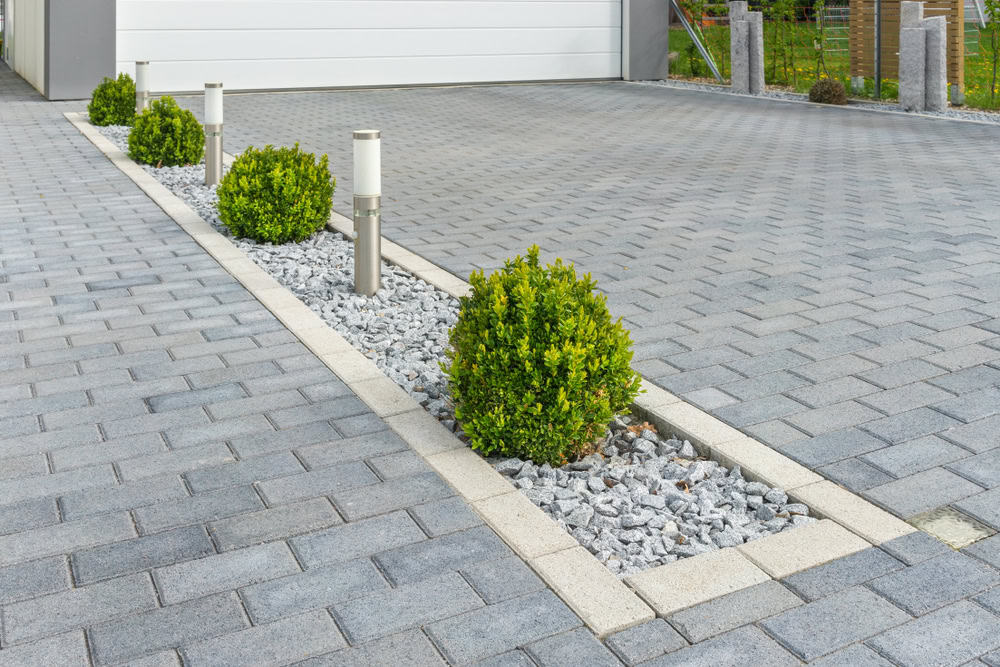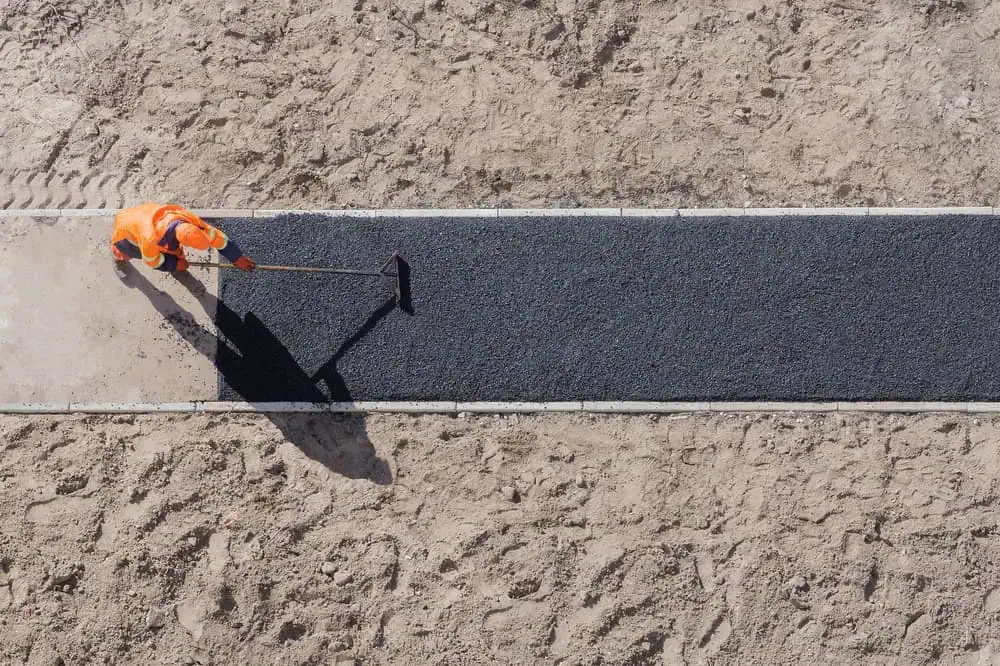Durable, beautiful paver installation that enhances your property value and creates the outdoor living space you’ve always wanted.


You’re tired of looking at that cracked concrete patio or muddy backyard area. You want something that actually adds value to your home and gives you a space where you can entertain guests or just relax after work.
Quality paver installation transforms ordinary outdoor areas into functional, attractive spaces that last decades. When installed correctly with proper base preparation and drainage, pavers handle New England’s freeze-thaw cycles without the cracking and settling issues you see with poured concrete.
The right paving project gives you defined outdoor living areas, better drainage, and a surface that’s easy to maintain. Plus, if a paver ever gets damaged, you can replace individual pieces instead of tearing up an entire section like you would with concrete.
Academy Masonry has been handling paver installations throughout Randolph and the surrounding South Shore area for years. We understand the local soil conditions, drainage challenges, and how to build paver systems that survive Massachusetts winters.
Every project starts with proper excavation and base preparation. We don’t cut corners on the foundation work because that’s what determines whether your pavers will still look great in ten years or start settling and shifting after the first few freeze-thaw cycles.
Our team holds the proper licensing and insurance coverage required in Massachusetts, and we follow local building codes for all installations.

First, we’ll meet with you on-site to discuss your vision, measure the area, and explain your options for paver types, patterns, and colors. We’ll provide a detailed written estimate that breaks down materials and labor costs.
Once you approve the project, we start with excavation. We dig down to the proper depth based on your soil conditions and intended use, then install a compacted gravel base and sand leveling layer. This foundation work is critical for long-term performance.
Next comes paver installation, where we set each piece according to your chosen pattern, maintaining proper spacing and alignment. We finish by installing edge restraints to prevent shifting, then sweep polymeric sand into the joints and compact everything. The final step is a thorough cleanup of your property.

Ready to get started?
Our paving installation services cover patios, walkways, driveways, and pool decks throughout Randolph. We work with concrete pavers, clay brick pavers, and natural stone options to match your style preferences and budget.
Each installation includes proper excavation, engineered base preparation, and professional-grade edge restraints. We handle all the details that matter for long-term performance, including proper drainage grading and joint stabilization with polymeric sand.
You’ll also receive guidance on maintenance requirements and seasonal care recommendations specific to our New England climate. Most paver surfaces need minimal upkeep, but knowing how to handle winter preparation and spring cleaning helps maintain their appearance and structural integrity.

Local Resources